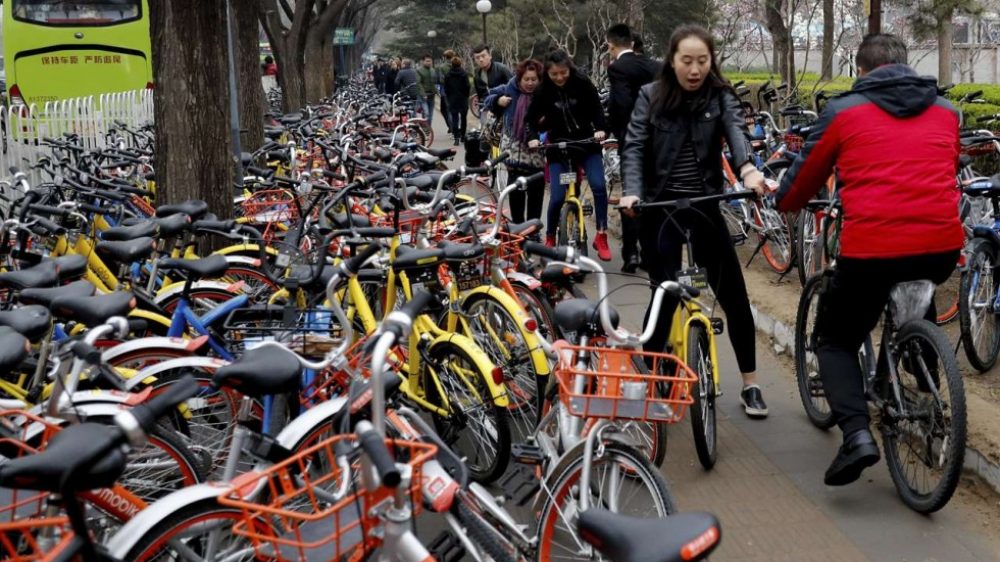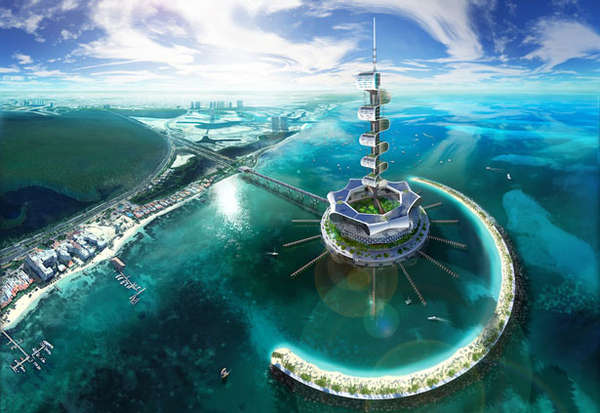Coming back from a week in China where smart bicycles take over footpaths and people pay with their smartphone (see here for a recent backlash) I have been wondering how we can use smart technology to accelerate the move towards more sustainable travel and tourism.
This year’s General Assembly by the United Nations World Tourism Organisation included a two-day summit on smart tourism, and the annual meeting of the Pacific Asia Travel Association was also dominated by ‘smart topics’. How much, though, has the global travel and tourism industry embraced digital technology, analytics and artificial intelligence for the benefit of reducing resource use and helping people make sustainable choices?
Much of the discussion and excitement in the industry focuses on how to improve marketing and sales. Indeed, I finally learned the technical term for what I have observed over a long time, namely that Facebook and Google ads (making up 60% of global digital advertisement!) match your personal interest. It is called programmatic marketing. Not surprisingly, your online behaviour and search history make it pretty easy for the underlying algorithm to recognise what you might be interested in.
Improving service
Improving service efficiency and tourism productivity are other buzzwords that resonate with new technology. Check-in kiosks beyond airports come to mind,(e.g. see Virgin’s recent trial in partnership with Amadeus), as do smartphone enabled check-in (e.g. Starwood Hotels and Resorts Worldwide), price comparisons and last minute bookings, and various other systems and tools that use cloud-based technology for the convenience of the customer (and the improved profit margin of the provider!).
But what about sustainability?
Find smart sustainability solutions is more difficult. There are some promising examples though which fall into two broad categories: one is smartphone applications; the other is sensor-based technology for improved operational efficiency. For the first type, and following the saying of “there is an app for everything”, users can find sustainable food (e.g. seasonal, sustainably fished, organic, ethically produced etc…), advice on recycling, sharing of food left overs, carbon emissions and green travel tips and even apps that encourage people to contribute as citizen scientists, e.g. to help wildlife conservation or coral reef management.
Using sensors to generate data
Using digital technology to control air temperature (e.g. in hotel rooms), monitor water leaks, and optimise other parts of operations are becoming more common practice, but are often not communicated to the customer. A rare example is Crystal Creek Meadows who use smart metering of energy, water, gas and firewood to provide feedback on guests’ resource use in a daily eco-sheet. The aviation industry is also moving into a hyper-monitored environment: a modern aircraft engine can be fitted with 5,000 sensors to generate more data in a day than Facebook. Already, some of this data is being used to help optimise fuel use. Combinations of renewable technology, smart sensors, green building design and ‘circular economy’ approaches could possibly deliver some real solutions.
So what’s missing?
Why are we a long way from UNWTO’s vision of ‘Smart destinations’ as the key to sustainable development? Technology has not changed the fundamentals of capitalism: innovation is mainly used to drive forward business interests, not to protect ‘common’ or ‘public good’ interests. Smart technology in itself doesn’t overcome market failure. Yes, it provides important information for consumers and operations managers, but sustainability messages are all too easily lost in the ever-increasing pool of data and information that encourage the opposite, namely, overconsumption, resource use, and inequality. An important step would be, for example, to use programmatic marketing for social marketing purposes. So, if you have been searching for one of these gas-guzzling cars, then you might receive a message that shows their comparative fuel (in-)efficiency. If you have been searching for beef-based recipes, maybe you might see advertisements of attractive vegetarian dishes that might balance your diet?
Now … this might never happen. But it is, I argue, exactly what needs to happen to truly change unsustainable behaviours and use this new data intelligence to make positive change. Otherwise, I fear, the smartness of our socio-economic system is just another mechanism that accelerates current trends of planetary collapse.
Written by Prof Susanne Becken, Director, GIFT

